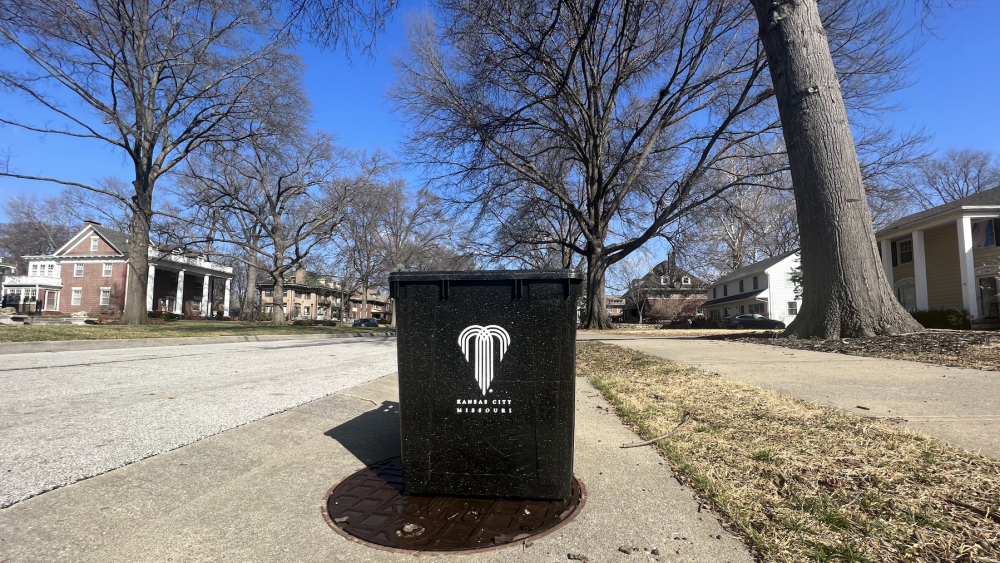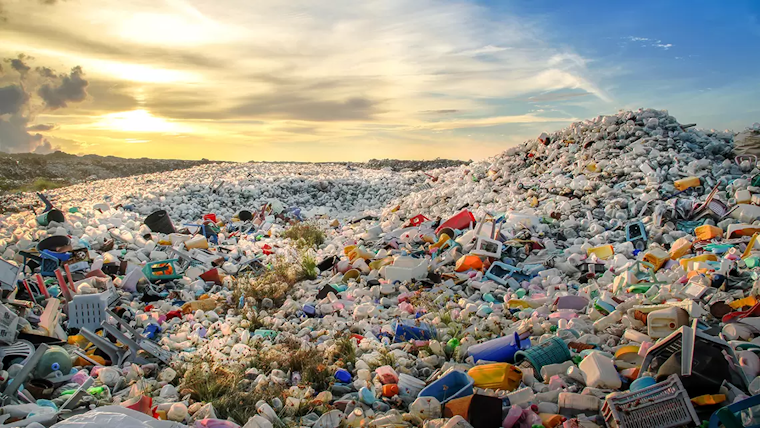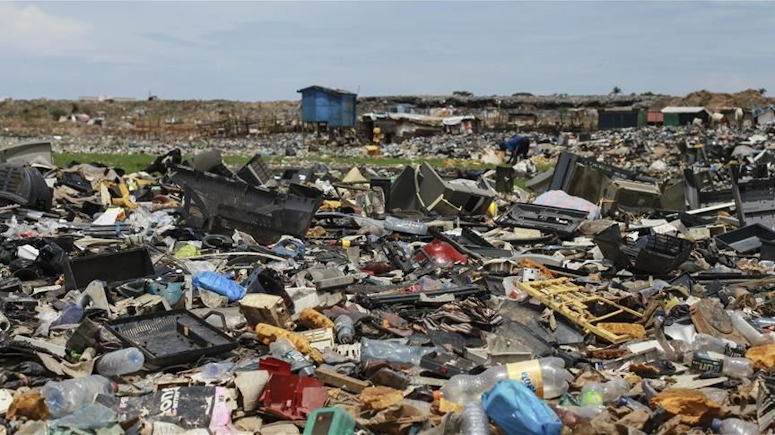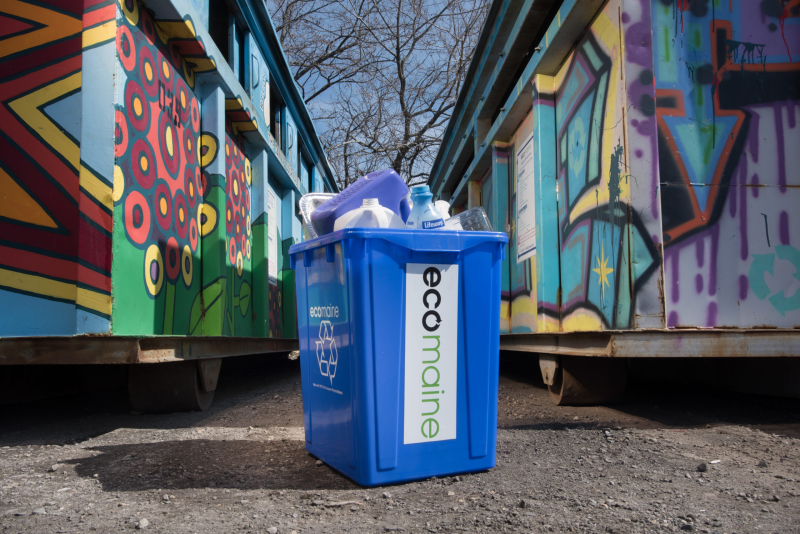Utilizing Localized Waste Management to Decrease Carbon Footprints
In recent years, the issue of climate change and the urgent need to reduce carbon footprints have become increasingly prominent. One effective way to address this global concern is through the implementation of localized waste management systems. By focusing on proper waste disposal and recycling at the local level, communities can significantly decrease their carbon footprints and contribute to a more sustainable future.
Localized waste management involves adopting practices that prioritize waste reduction, recycling, and responsible disposal within a specific community or region. Here are some key ways in which such systems can contribute to reducing carbon footprints:
Waste Reduction: By implementing localized waste management strategies, communities can emphasize waste reduction at the source. This includes promoting sustainable consumption habits, encouraging the use of reusable products, and raising awareness about the environmental impact of excessive waste generation. By reducing the amount of waste produced, communities can directly decrease the associated carbon emissions from waste disposal.
Recycling and Composting: Another crucial aspect of localized waste management is the promotion of recycling and composting. Establishing recycling programs and providing convenient recycling facilities within communities can divert a significant amount of waste from landfills. Recycling reduces the need for extracting and processing raw materials, leading to energy savings and decreased carbon emissions. Similarly, composting organic waste helps to reduce methane emissions from landfills and provides nutrient-rich soil for local agriculture.
Energy Recovery: Localized waste management systems can also focus on energy recovery from waste. Technologies such as waste-to-energy plants or anaerobic digestion can convert organic waste into renewable energy sources like biogas or electricity. By harnessing the energy potential of waste, communities can reduce their reliance on fossil fuels and decrease greenhouse gas emissions.
Efficient Waste Collection and Transport: Optimizing waste collection and transport is another important factor in reducing carbon footprints. By designing efficient routes, using clean and fuel-efficient vehicles, and implementing smart waste management systems, communities can minimize the energy consumption and emissions associated with waste collection. Additionally, encouraging the use of public transportation or alternative methods such as cycling or walking for waste collection can further reduce carbon footprints.
Education and Community Engagement: Localized waste management systems require active participation and engagement from community members. Education programs, awareness campaigns, and community initiatives can play a crucial role in promoting responsible waste management practices. By educating residents about the environmental impact of waste and empowering them to make sustainable choices, communities can foster a culture of environmental stewardship and reduce carbon footprints.
Circular Economy Approach: Localized waste management systems can be integrated with the concept of a circular economy, which aims to minimize waste and maximize resource efficiency. By implementing strategies such as product redesign, extended producer responsibility, and promoting the use of recycled materials, communities can reduce the carbon emissions associated with the production and disposal of goods.
Localized waste management plays a vital role in decreasing carbon footprints and mitigating climate change. By prioritizing waste reduction, recycling, composting, energy recovery, efficient collection, and community engagement, communities can make significant progress in achieving sustainability goals. It is essential for local governments, businesses, and residents to collaborate and implement these strategies to create a cleaner and greener future for generations to come. Through localized waste management, we can pave the way for a more sustainable and low-carbon society.
What the government of Missouri is doing to improve sustainability
The government of Missouri has been actively working to improve sustainability and address environmental challenges in the state. With a focus on energy efficiency, renewable energy, conservation, and waste management, Missouri is taking significant steps towards a more sustainable future. Here are some key initiatives and actions undertaken by the government of Missouri:
Renewable Energy: Missouri has been making strides in promoting renewable energy sources. The state has implemented policies and incentives to encourage the development of wind power, solar energy, and biofuels. The Missouri Renewable Energy Standard requires investor-owned utilities to obtain at least 15% of their energy from renewable sources by 2021, and rural electric cooperatives are encouraged to pursue renewable energy projects.
Energy Efficiency: The government of Missouri recognizes the importance of energy efficiency in reducing carbon emissions and improving sustainability. The Missouri Energy Efficiency Investment Act promotes energy efficiency programs and incentives for residential, commercial, and industrial customers. The state provides energy audits, rebates, and low-interest financing options to encourage energy-efficient upgrades in buildings and facilities.
Conservation and Natural Resources: Missouri is committed to the conservation and sustainable management of its natural resources. The Missouri Department of Conservation (MDC) is responsible for preserving the state’s forests, wildlife, and fish populations. Through initiatives such as habitat restoration, conservation education, and responsible hunting and fishing practices, the MDC aims to protect and sustainably utilize Missouri’s natural heritage.
Water Conservation: Recognizing the importance of water resources, the government of Missouri has implemented measures to promote water conservation. The Missouri Department of Natural Resources encourages water-efficient practices through educational programs, water conservation planning, and the adoption of efficient irrigation technologies. Additionally, the state supports watershed management projects to improve water quality and protect ecosystems.
Waste Management: Missouri has taken steps to improve waste management practices and reduce the environmental impact of waste. The Missouri Solid Waste Management Law regulates the disposal and recycling of waste in the state. The government promotes recycling programs, supports waste reduction initiatives, and encourages the use of sustainable materials and packaging. Additionally, the state offers grants and technical assistance to local communities for the establishment of recycling and composting facilities.
Environmental Education and Outreach: The government of Missouri recognizes the importance of raising awareness and educating residents about sustainability and environmental issues. The Department of Natural Resources, along with other agencies and organizations, conducts outreach programs, workshops, and educational campaigns to promote sustainable practices, conservation, and environmental stewardship. These initiatives aim to engage citizens and encourage active participation in sustainability efforts.
Green Building Initiatives: Missouri encourages the adoption of green building practices to reduce energy consumption and environmental impact. The state has implemented building codes that promote energy-efficient design and construction. Missouri offers incentives and certifications for energy-efficient buildings, such as the ENERGY STAR program and LEED certification.
Climate Action: Missouri has recognized the need to address climate change and has undertaken initiatives to mitigate its impacts. The state is actively involved in the U.S. Climate Alliance, a coalition of states committed to upholding the goals of the Paris Agreement. Missouri is working to develop a comprehensive climate action plan that includes strategies to reduce greenhouse gas emissions, increase renewable energy generation, and enhance climate resilience.
Clearly the government of Missouri is taking significant steps to improve sustainability and address environmental challenges. Through initiatives focused on renewable energy, energy efficiency, conservation, water management, waste reduction, and environmental education, Missouri is working towards a more sustainable and resilient future. By implementing these measures, the government of Missouri is demonstrating its commitment to protecting the environment and promoting a greener and healthier state for its residents.




